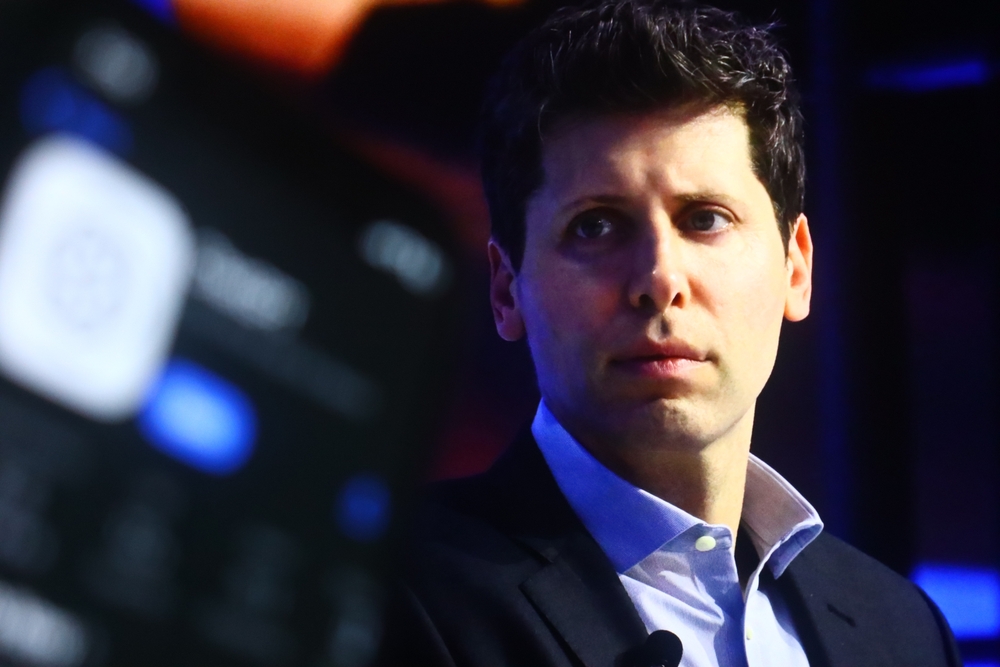OpenAI has been found guilty of breaching German copyright law after its ChatGPT system reproduced lyrics from several popular songs.
Others are reading now
OpenAI has been found guilty of breaching German copyright law after its ChatGPT system reproduced lyrics from several popular songs. The ruling could have major implications for how artificial intelligence firms use creative works across Europe and beyond, Reuters reports.
Court finds infringement
A regional court in Munich ruled on Tuesday that OpenAI trained its large language model on lyrics from nine German songs without permission, including hits by celebrated artist Herbert Grönemeyer such as Männer and Bochum. The case was brought by GEMA, the German music rights society that represents thousands of composers, lyricists, and publishers.
Presiding judge Elke Schwager said OpenAI’s use of the material amounted to a violation of copyright exploitation rights. The company was ordered to pay damages, though the exact amount was not disclosed.
GEMA’s legal advisor, Kai Welp, said the ruling was an important milestone for artists and urged OpenAI to open talks on how copyright holders could be compensated for the use of their work in AI training.
OpenAI response
OpenAI argued during the trial that its systems do not directly store or reproduce training data. The company maintained that ChatGPT’s responses are generated dynamically from patterns learned across a wide data set and that any output produced by users should be their responsibility, not the developer’s.
Also read
However, the court disagreed, finding that both the memorization of protected material and its appearance in ChatGPT’s answers qualify as copyright infringements.
An OpenAI spokesperson said the company “disagrees with the ruling and is considering next steps,” noting that the decision concerns “a limited set of lyrics” and does not affect the millions of people and businesses in Germany who use its technology.
A ripple effect for AI firms
The Munich ruling comes amid a growing wave of lawsuits targeting generative AI companies over the use of copyrighted works in training data. In June, Disney filed suit against the image-generation platform Midjourney, alleging that the company’s models were trained on copyrighted film stills and animation frames from its movies. More recently, the Danish music rights society Koda launched legal action against AI music generator Suno, claiming the startup had used copyrighted songs without authorization.
Legal experts say the German decision could bolster these cases by establishing that training an AI model on protected material—whether lyrics, visuals, or sound recordings—can constitute a form of reproduction under European copyright law. The outcome may also influence how regulators and courts worldwide define the boundaries of fair use in the AI era.
Wider implications
GEMA’s chief executive Tobias Holzmueller said the verdict sends a clear message that “the internet is not a self-service store, and human creative achievements are not free templates.” He called it a precedent-setting step toward ensuring that authors’ rights are protected in the age of AI.
Also read
The case adds to a growing number of disputes between artists and technology firms over how creative works are used to train artificial intelligence models. Earlier this year, several Bollywood music labels in India sought to join a lawsuit against OpenAI, accusing it of using their sound recordings without authorization.
The Munich court’s decision can still be appealed, but observers believe it could shape the next phase of the global debate over how to balance innovation with intellectual property protection.
Sources: Reuters, GEMA, Munich Regional Court, Variety, Koda


